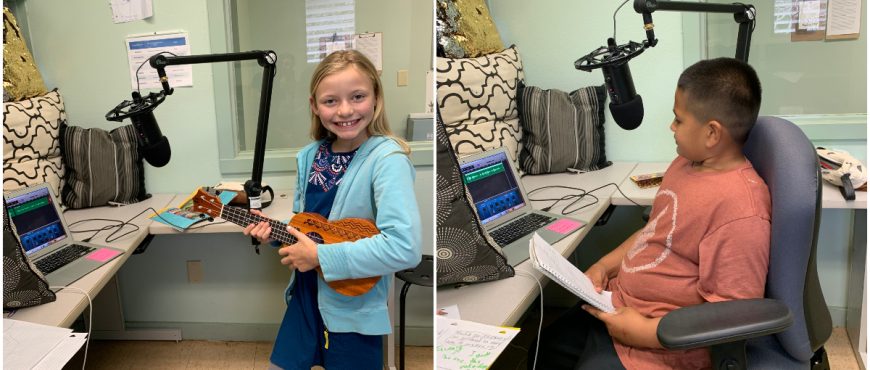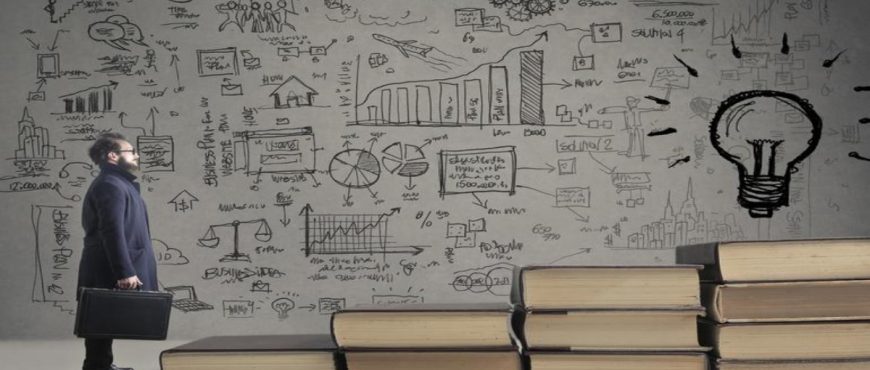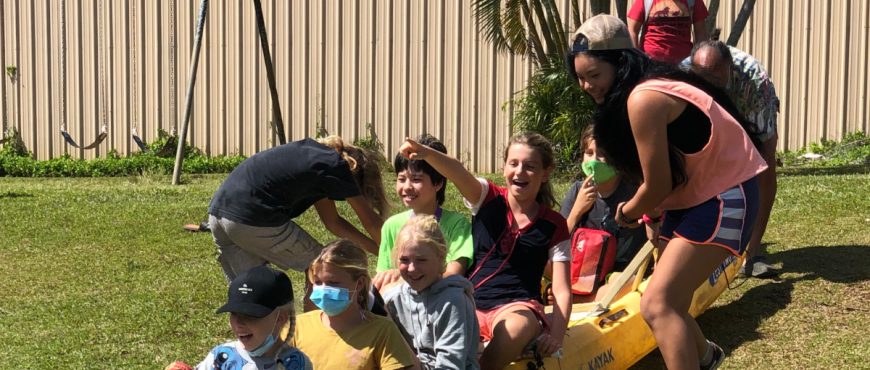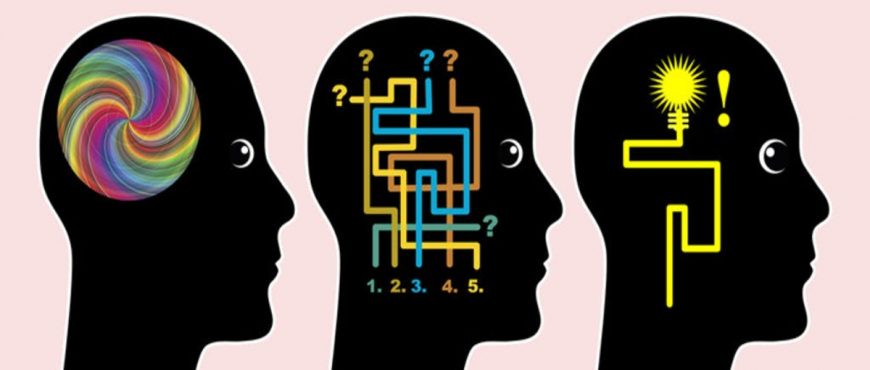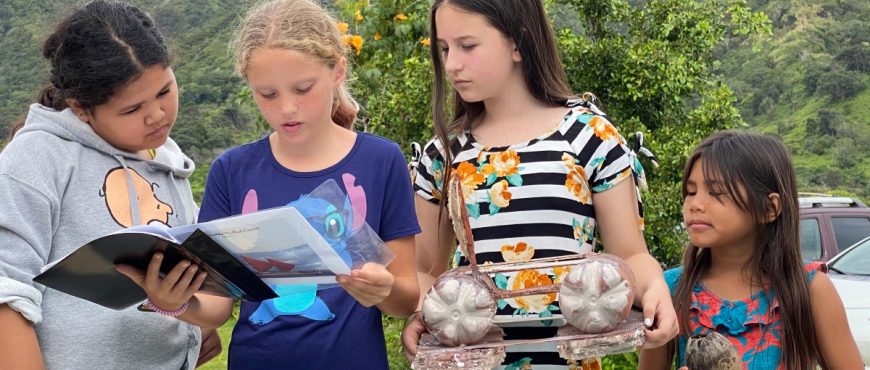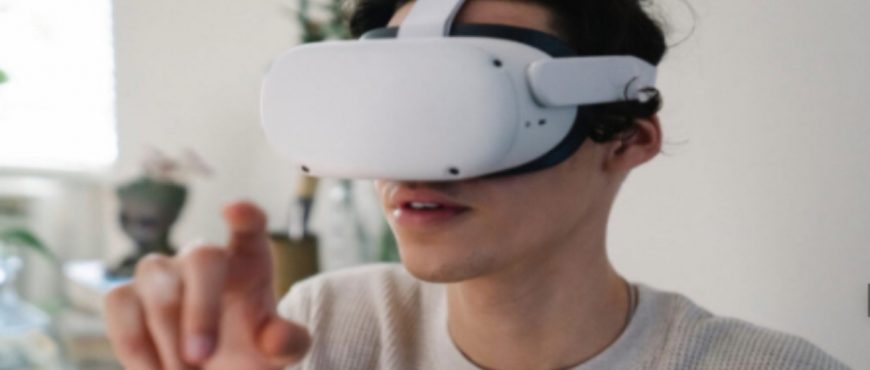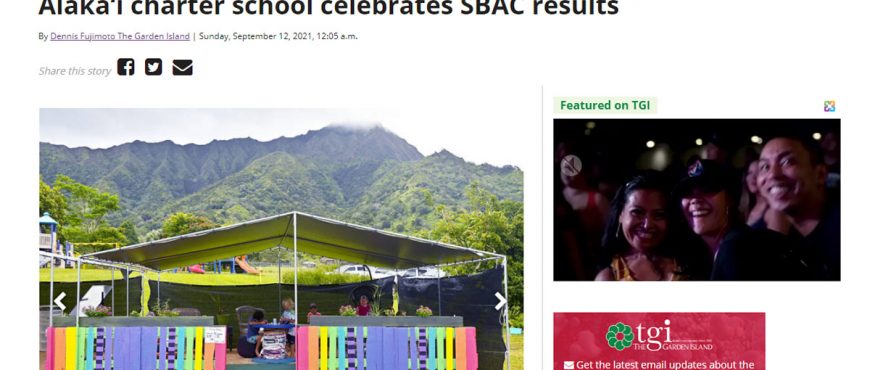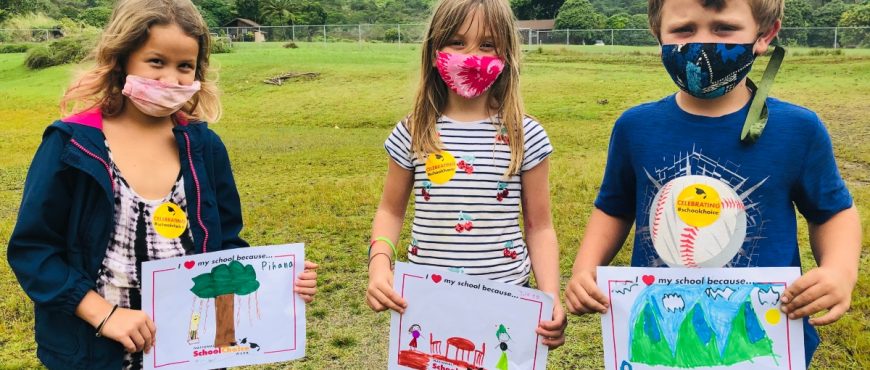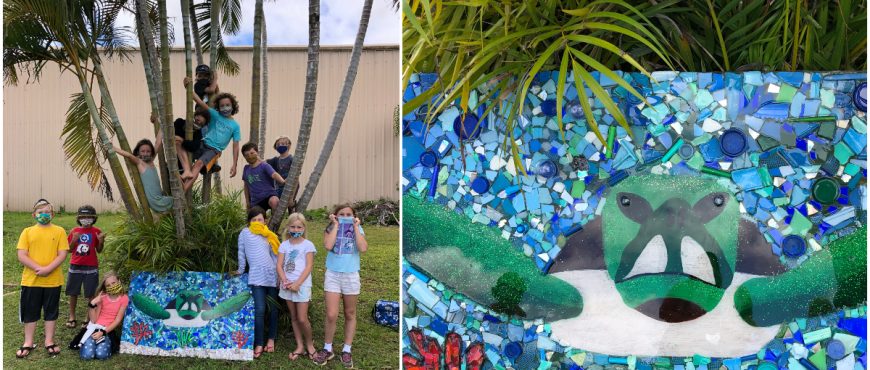We are hearing more and more each day about the changing world of work and what type of skills will define the success of today’s students and future professionals. Outside of education, it’s often called upskilling. In education, we often refer to lifelong learning. Either way, experts agree that an individual’s ability to learn, continuously and adaptively, may define one’s success more than any other employability skills in this ever-changing, tech-infused and globalized economy.
Educators have always professed the priority of creating lifelong learners. But what does this really look like and how can we create learning environments that truly foster this? Project-based learning is poised well to inherently teach learners to become persistent and growth-oriented lifelong learners, among many other advantages.
How does PBL do this? Well, it’s at the core of how PBL functions. Here are a few of those ways:
Real-World Learning
First and foremost, PBL focuses on learners addressing real-world challenges, issues or problems. This immediately creates both relevance and authenticity. The relevancy of working on work that matters demonstrates to students that their school work is related to what others in the real world do and how it applies to their futures, skill development and agency. We talk about problem solving as a foundational skill and it is. However, the problems need to be real. We don’t have to solve them, but students have to continually try to tackle them. This is what all of us do in our professional lives and how new opportunities, jobs, innovations and more advance each day. PBL’s focus on authenticity (or being real world), as a core design principle, creates this real-world learning environment. A project can be authentic in several ways and often in combination. It can have an authentic context, it can involve the use of real-world processes and tools, it can have a real impact on others, and a project can have personal authenticity when it speaks to learners’ own concerns, interests, cultures, identities and issues in their lives.
Sustained Inquiry
This is a core design principle in high quality PBL. To inquire is to seek information or to investigate; it’s a more active, in-depth process than just looking something up in a book or online. The inquiry process takes time, which means a gold standard project lasts more than a few days. In PBL, inquiry is iterative; when confronted with a challenging problem or question, students ask questions, find resources to help answer them, then ask deeper questions, and the process repeats until a satisfactory solution or answer is developed. Projects can incorporate different information sources, mixing the traditional idea of research, reading a book or searching a website, with more real world, field-based interviews with experts, service providers and users. Learners also might inquire into the needs of the users of a product they’re creating in a project, or the audience for a piece of writing or multimedia.
Public Opportunities
In this pursuit of creating lifelong learners, we need to allow learners to experience the true power of learning and the real impact of their work. This is where producing public work, seen by multiple audiences or even users, comes into play.
When people see or even use our work, it creates significance in us. It means one’s work matters. It means learning matters. It means we matter. When audiences see, appreciate, experience, engage in and even possibly benefit from our work we naturally are more engaged, more likely to see the true power of learning. Ultimately, sharing our work publicly provides the opportunity for one to develop their personal brand. It’s the process of sharing one’s high-quality work and getting feedback. This is what we’ll do professionally for the rest of our lives. Lifelong work produces lifelong learning. We buy-in, we have conversations, we consider others’ opinions and ideas; all this while gaining confidence, portfolio, skills, a resume and valuable networking opportunities.
Student Voice & Choice
We hear words like agency, ownership, advocacy, leadership, git and mindset. These are great. And these are really traits of a lifelong learner. But how do we create the environment and means to make these a reality? Having a say in a project creates a sense of ownership in learners; they care more about the project and work harder. If learners are not able to use their judgment when solving a problem and answering a driving question, the project just feels like doing an exercise or following a set of directions. Learners can have input and (some) control over many aspects of a project, from the questions they generate to the resources they will use to find answers to their questions, to the tasks and roles they will take on as team members, to the products they will create. More advanced learners may go even further and select the topic and nature of the project itself; they can write their own driving question and decide how they want to investigate it, demonstrate what they have learned, and how they will share their work. High-quality projects also allow students to assume real roles and responsibilities in the production of their work. Think of things like project coordinator, media coordinator, tech coordinator or dozens of other roles. We don’t create roles for roles’ sake, but rather to move work forward efficiently and allow those involved to specialize a bit (become experts).
The Power of Learning (To Love What You Do)
We’ve all heard the saying that if you “love what you do, you’ll never work a day in your life.” This may be the most powerful aspect of deeper learning like PBL. Facilitators have always wanted their learners to love learning for learning’s sake. But our traditional system has focused learners more on grades, points or even punitive approaches vs. training them to love learning. PBL, done well, creates the opportunity for learners to focus on the work, the challenge and even the final product. All of these, as well as the opportunity to engage with their peers, their community and the larger world, focus them on the true power of learning. The impact and significance of our work is what drives all of us professionally throughout our lives. When learners produce high-quality and professional projects that are experienced or used by others, addressing real-world issues and products like that of their professional counterparts, they too have that awakening, the internal and external factors that drive us to work, succeed, improve, grow, reach and stretch. We have allowed them to view work and learning differently.
There’s Always More
The beauty of high-quality PBL is that it truly does all the things simultaneously that we think are important in learning. Whether it’s collaboration, metacognition, skill acquisition, social-emotional learning, technology integration, personalized learning or more, PBL can deliver. But with all that being said, nothing may be more important to our learners’ future and sustained success than that of being lifelong learners.


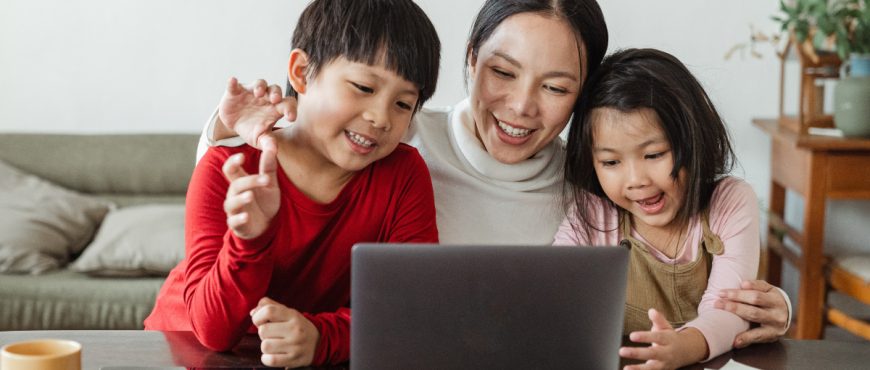
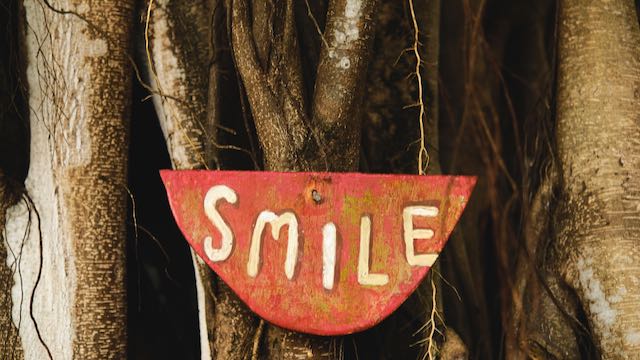
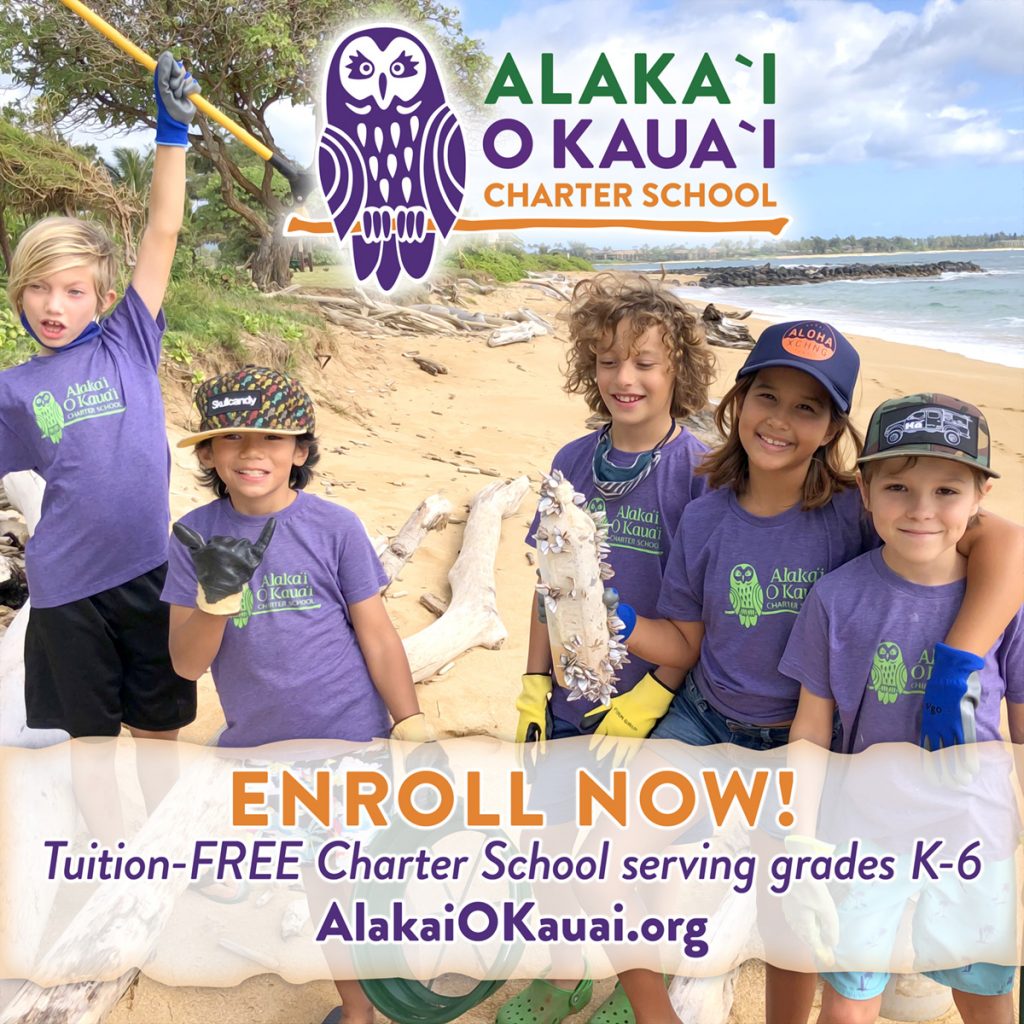
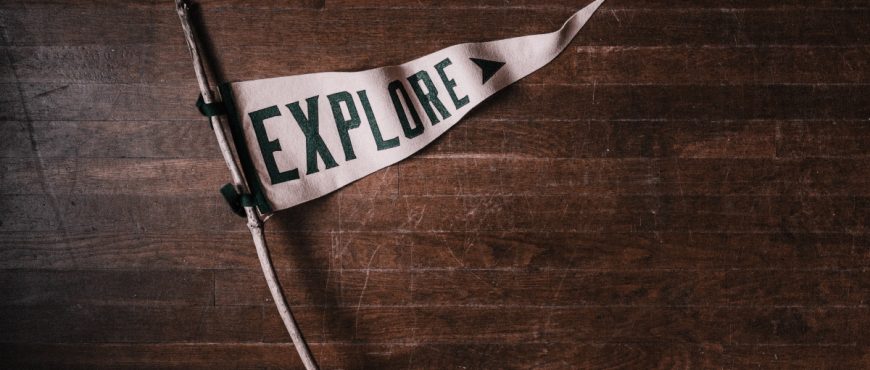
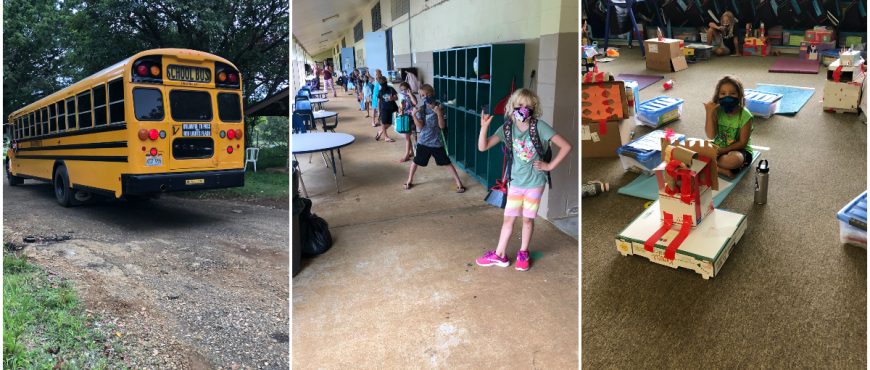
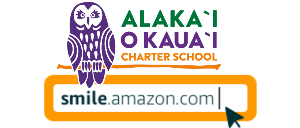
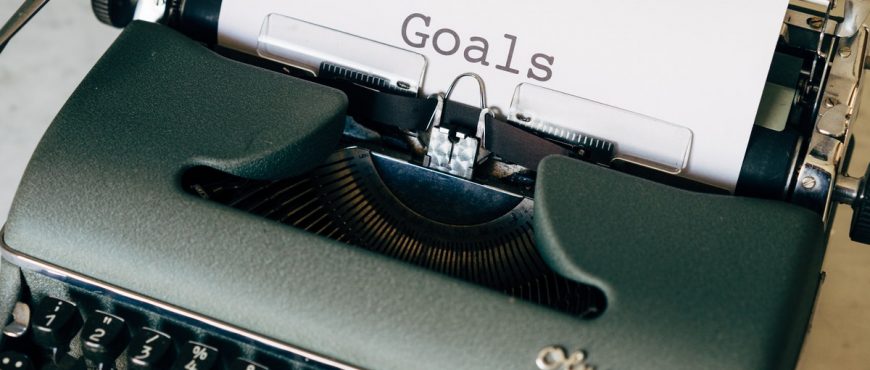
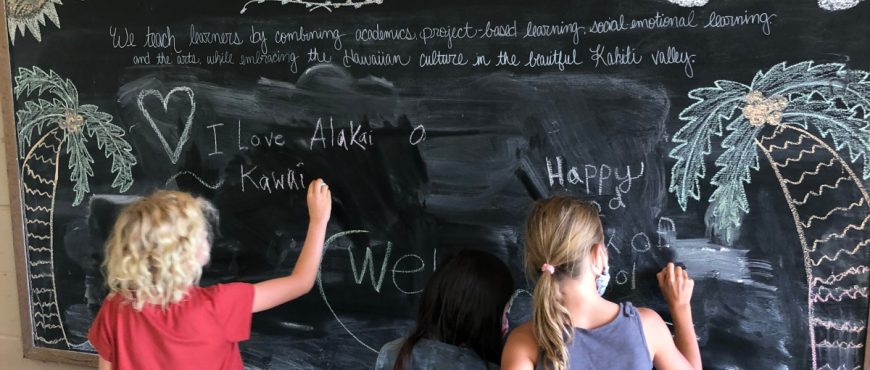
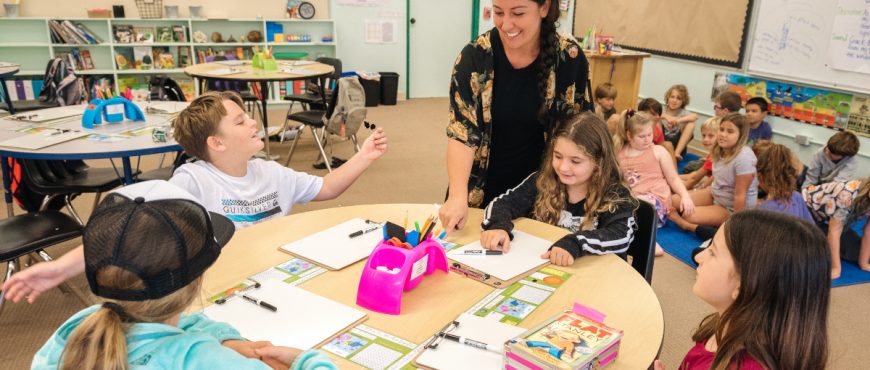
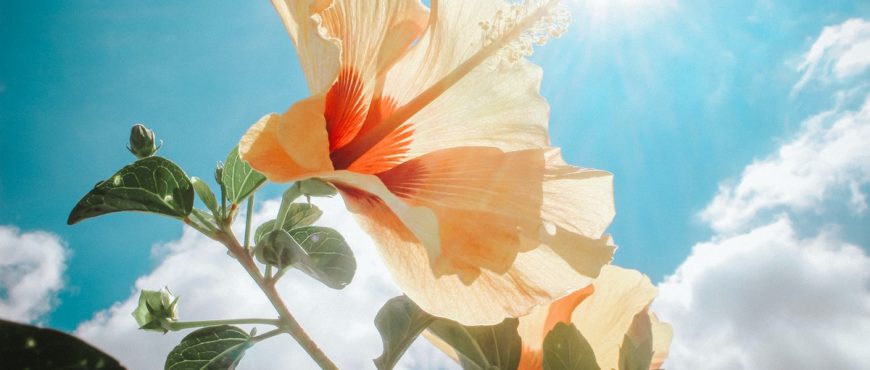
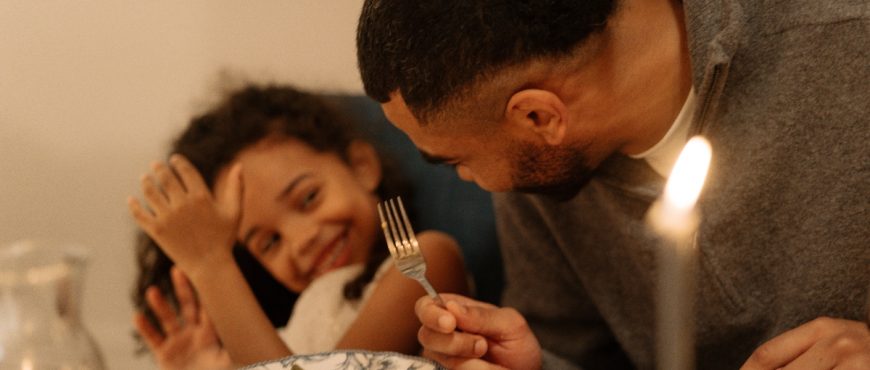
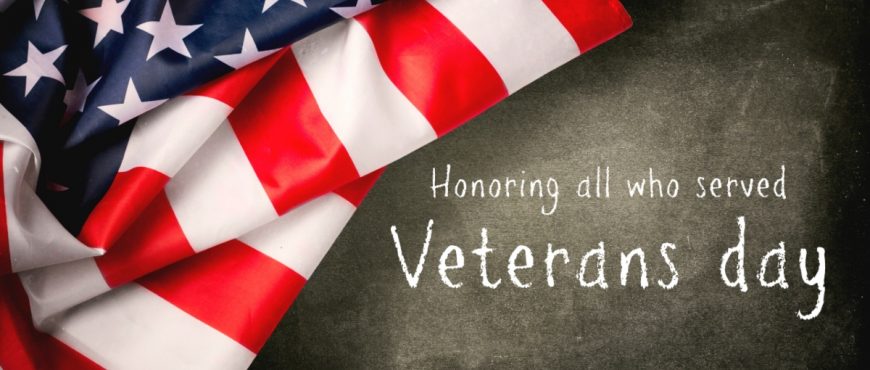
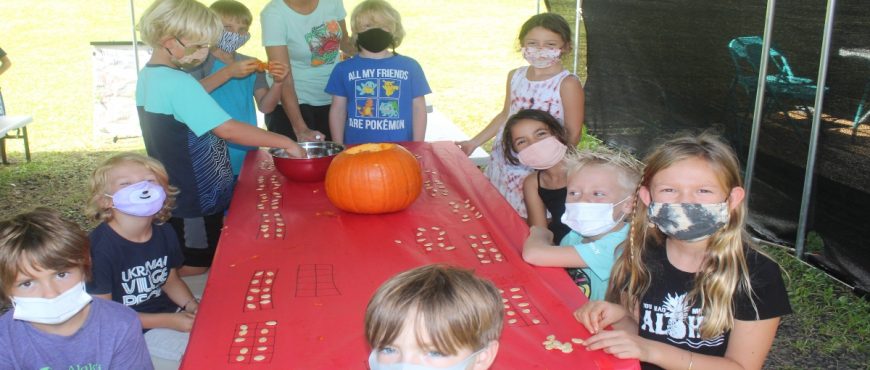
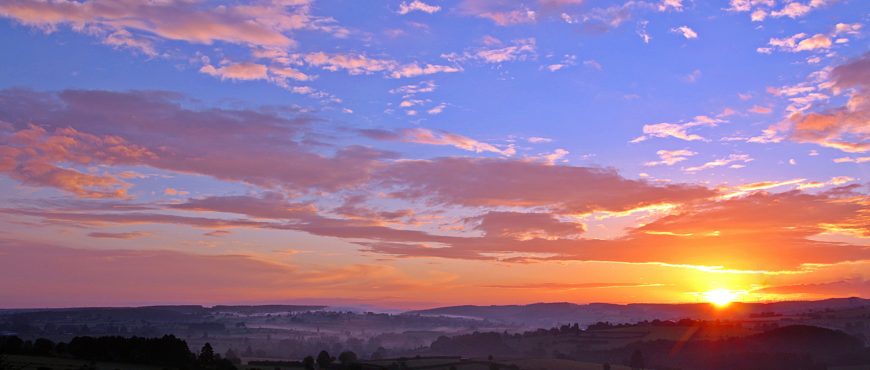
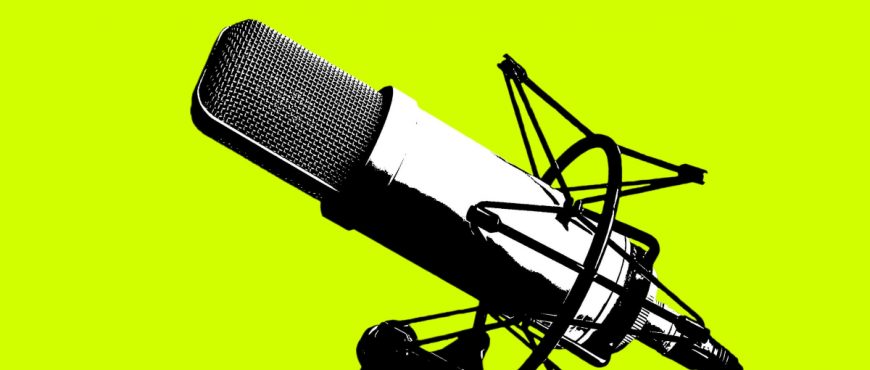
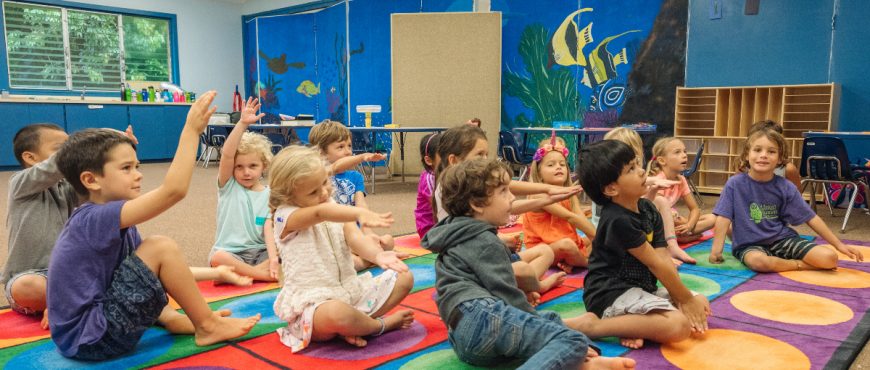
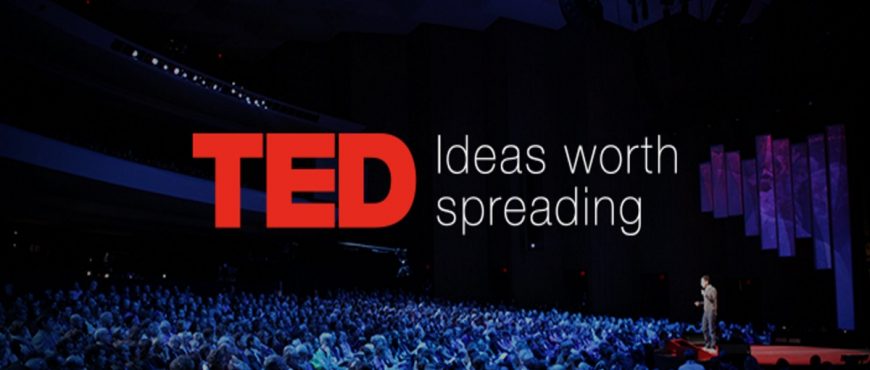
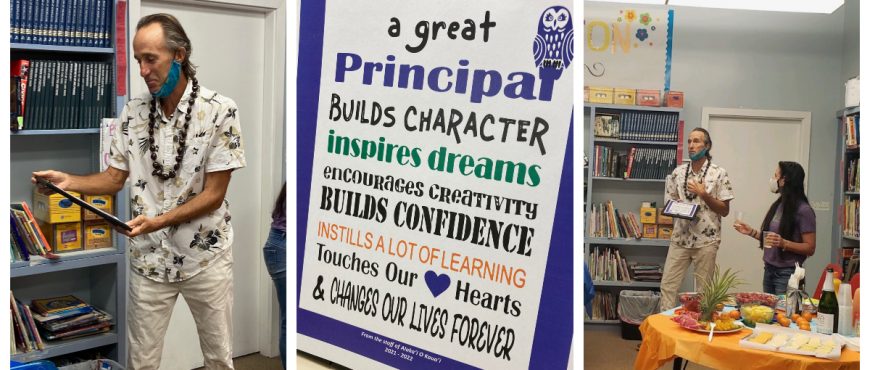
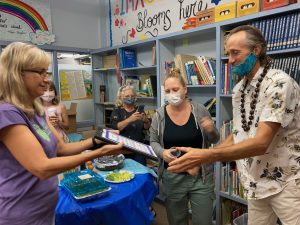 On Friday, October 8th, Alaka’i O Kaua’i Charter School honored our Director DJ Adams for his tireless dedication to helping make our school a special place where learners can thrive. October is National Principals Month. The staff served a lovely homemade breakfast and presented Mr. Adams with a plaque and a gift card to a local restaurant. Mr. Adams gave a lovely speech about the importance of all of us working together and how far we’ve come. It was a surprise to him and well deserved! On behalf of the entire Alaka’i O Kaua’i learning community, we thank you Mr. DJ Adams for all that you do. #ThankAPrincipal
On Friday, October 8th, Alaka’i O Kaua’i Charter School honored our Director DJ Adams for his tireless dedication to helping make our school a special place where learners can thrive. October is National Principals Month. The staff served a lovely homemade breakfast and presented Mr. Adams with a plaque and a gift card to a local restaurant. Mr. Adams gave a lovely speech about the importance of all of us working together and how far we’ve come. It was a surprise to him and well deserved! On behalf of the entire Alaka’i O Kaua’i learning community, we thank you Mr. DJ Adams for all that you do. #ThankAPrincipal